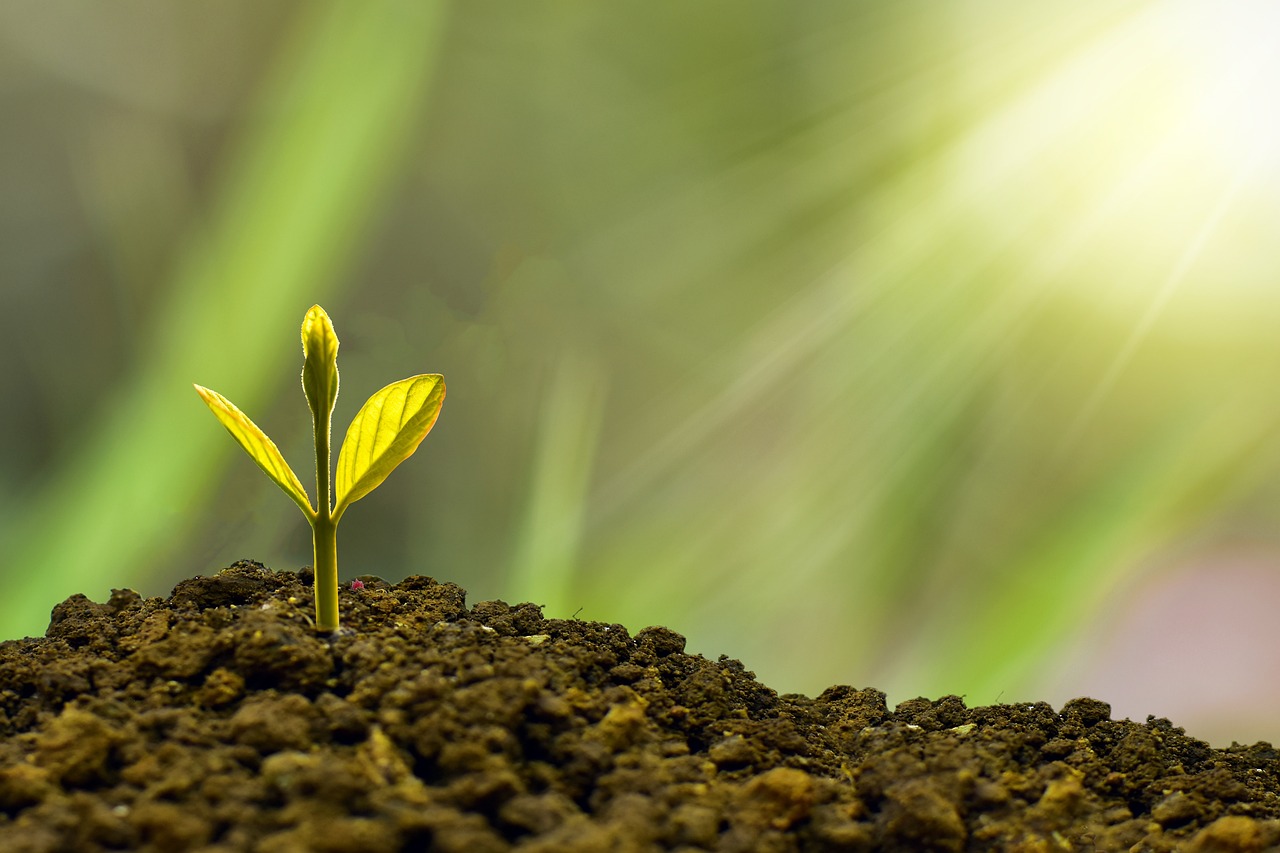
Wondering how to take care of yourself in a pandemic? Here are some tips to help you not just survive, but thrive:
1)
Get outside. Nature works wonders. Get some fresh air every day.
2)
Exercise. At least 30 minutes a day. Research affirms that cardio and yoga have excellent mental health benefits.
3)
Maintain good sleep habits. Go to bed and wake up at reasonable times.
4)
Stay social. Keep in touch with your peeps via FaceTime, phone calls, text, virtual happy hours, watching a bad movie online together, etc.
5)
Eat well and hydrate. I truly wish I could tell you this meant eat more chocolate and drink more red wine.
Truly.
6)
Give everyone a lot of grace right now (including yourself). Your kids may be bonkers, your partner may be short or distant. Remember: this is hard—really hard. Be kind. (Especially to yourself. Now is a really good time to be extra patient and supportive with your sweet self, too.)
7)
Limit your news intake. Stay informed, but make sure you're not spending more than 1 hour per day reading/watching. And be sure to balance out the distress by reading things like
The Good News Network. Clients have also recommended
Human Progress and
the
Reddit Uplifting News thread.
8)
Look for the helpers. Do what Mr. Rogers taught us and look for the helpers. Notice every day what is good, inspirational, and moving.
9)
Be a helper. Support your local restaurant by getting takeout, shop for an elderly neighbor, donate to a good charity (try
Direct Relief) or
food bank, find ways to pay people who can't do work for you right now (your housecleaner, your hair stylist, your massage therapist), sew masks for doctors and nurses, etc.
10)
Control something. Now is the time to unleash your inner Marie Kondo upon your home office, closet, or pantry and regain a tiny shred of control. Type A's—rejoice!
11)
Start a big project. Learn to play an instrument, take some online classes, start a big jigsaw puzzle, program the ultimate video game mod, watch a 7-season TV show, etc. Anything to keep you busy, distracted, and engaged.
12)
Do some art. Play some music. Dance. Express yourself through whatever media works for you.
13)
Laugh. Find something funny every day: silly animal videos on YouTube, a ridiculous comedy on Netflix, etc.
14)
Reach out for help. Talk to your people. Feel your feels. You may have to be 6 feet away, but you don't have to do this alone.
15)
Remember this is temporary. We don't know how long this will last, but we do know that at some point, this will all be behind us and we will go back to feeling free, safe, and connected.
16)
Make this meaningful. What do you want to learn from this difficult experience? What needs to change about your life? In your relationships? Your priorities? Your community? Take the opportunity to make meaning from this challenge and make it an opportunity to grow.
17)
Practice mindfulness. Research tells us that taking time to breathe and re-center every day can make a huge difference. Try the
5 minute meditation I posted earlier this month.
18)
Keep washing your hands!





